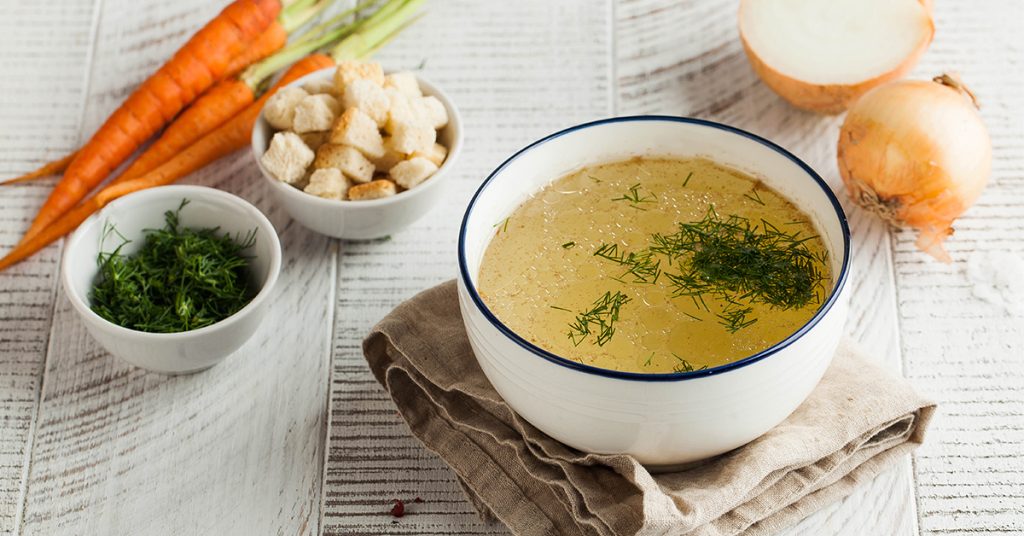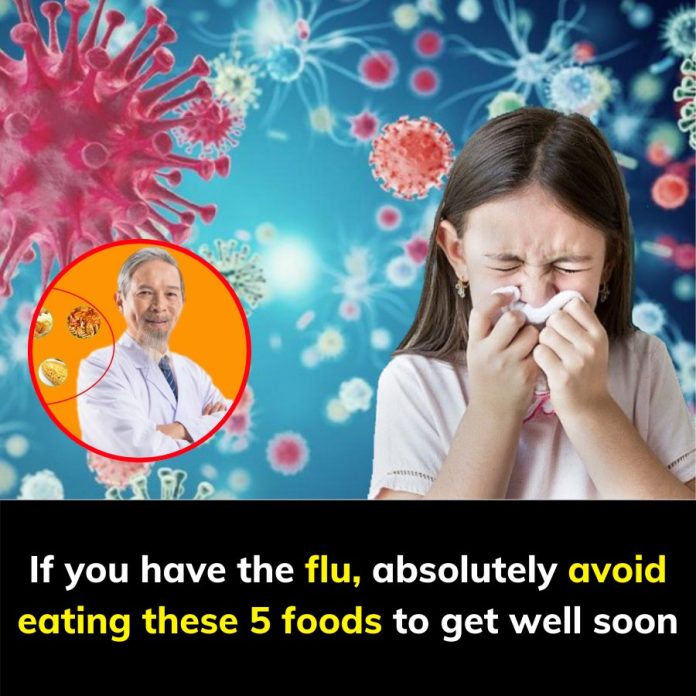1. Understanding the Flu and Its Symptoms
The flu, also known as influenza, is a common viral infection caused by the Influenza virus. This virus spreads easily from person to person through tiny droplets released when an infected individual coughs, sneezes, or talks. It can also spread by touching contaminated surfaces and then touching the face, particularly the eyes, nose, or mouth.
While the flu can affect anyone, its severity varies depending on an individual’s immune system and overall health. Some people experience mild symptoms, while others may develop more severe complications.

Common Symptoms of the Flu
Flu symptoms typically appear suddenly and can include:
- Headache – A common flu symptom that can be moderate to severe.
- Fever – Body temperature may rise between 37.8°C and 40°C. Fevers usually last less than a week, typically around 3-4 days. Children tend to experience higher fevers than adults.
- Chills and Sweating – Fever often comes with chills and sweating as the body tries to regulate its temperature.
- Dry Cough – Persistent, non-productive coughs are common during the flu.
- Muscle Aches – Body pain and muscle soreness can affect various parts of the body.
- Fatigue – The body becomes weak and tired due to the viral infection.
Most people recover from the flu within a week or two, but some may experience prolonged symptoms. Proper rest, hydration, and nutrition are essential for recovery.
2. Foods to Avoid When You Have the Flu
A healthy diet plays a crucial role in recovery, but some foods can slow down the healing process and worsen symptoms. To recover quickly from the flu, avoid consuming the following foods:
1. High-Protein Foods in Excess
While protein is an essential nutrient for the body, excessive consumption during the flu can do more harm than good. Foods like red meat, eggs, shrimp, and fish are high in protein and can lead to an excess of energy in the body.
Eating too much protein can:
- Increase metabolic activity, making it harder for the body to regulate temperature.
- Make digestion more difficult when the body is already weak.
- Cause additional strain on the immune system, which should be focused on fighting the infection.
- Instead, opt for light and easily digestible proteins, such as chicken broth or plant-based proteins like lentils and tofu.
2. Fatty and Processed Foods
Processed and fried foods may seem appealing, but they should be avoided when recovering from the flu. These foods:
- Have low nutritional value due to excessive processing.
- Contain high levels of unhealthy fats, which can slow digestion and burden the stomach.
- Can trigger inflammation, worsening flu symptoms.
- Instead, choose boiled, steamed, or grilled foods that are easy on the stomach and promote faster recovery. Soups, porridge, and boiled vegetables are great options.
3. Salty Foods
Foods with a high salt content, such as processed snacks, canned goods, and fast food, should be avoided. Excess salt:

- Reduces the level of lysozyme in saliva, which weakens the body’s ability to fight infections.
- Irritates the throat, worsening coughing and soreness.
- Leads to dehydration, which is dangerous when fighting an infection.
- Instead, choose fresh and lightly seasoned meals to support your body’s healing process. Drinking warm herbal teas or broths can also help soothe a sore throat.
4. Alcohol, Carbonated Drinks, and Stimulants
Alcoholic beverages, sodas, and stimulants like coffee and cigarettes should be completely avoided when you have the flu. These substances can:
- Dehydrate the body, slowing down recovery.
- Weaken the immune system, making it harder for the body to fight the virus.
- Irritate the throat, leading to prolonged coughing and discomfort.
- Caffeinated drinks, including coffee and strong tea, can also lead to dehydration.
- Instead, opt for hydrating fluids such as water, herbal teas, and fresh fruit juices rich in vitamin C.
5. Milk and Dairy Products
Although milk and dairy products like cheese and yogurt are nutritious, they may not be the best choice when dealing with the flu. These foods can:
- Increase mucus production, leading to congestion in the lungs.
- Worsen coughing, making it harder to breathe.
- Make digestion more difficult, especially if the body is already feeling weak.
- If you crave something creamy, try plant-based alternatives like almond milk or coconut milk, which are less likely to increase mucus.
3. What to Eat for a Faster Recovery?
Instead of the foods mentioned above, focus on eating:
- Warm soups and broths – They provide hydration and essential nutrients.
- Fruits rich in vitamin C – Oranges, kiwis, and strawberries help boost immunity.
- Ginger and honey tea – Helps soothe the throat and reduces inflammation.
- Leafy greens and vegetables – Provide antioxidants to fight the virus.
- Plenty of water – Hydration is key to faster recovery.

4. Conclusion
The flu can leave you feeling weak and exhausted, but avoiding certain foods can help speed up recovery. Limit protein intake, stay away from fried and processed foods, avoid excess salt, and refrain from consuming alcohol, caffeine, or dairy products. Instead, focus on eating nutrient-dense, easily digestible foods and drinking plenty of fluids to help your body heal naturally.
By making smart dietary choices, you can recover faster and feel better in no time.

















